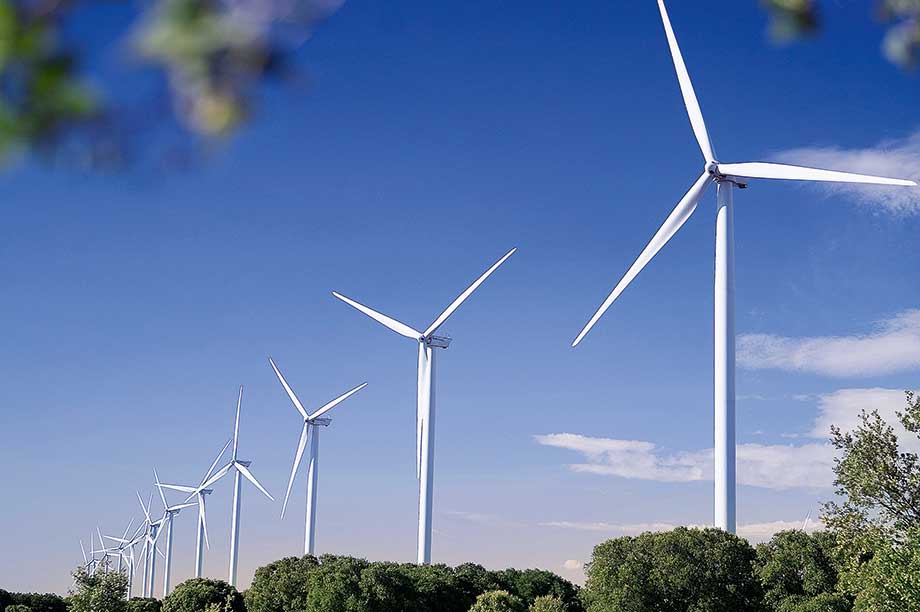Updated 4 February: On 3 February, King Felipe VI of Spain, asked election runner-up Pedro Sanchez of the Spanish Socialists (PSOE) to form a government after the People's Party leader could not do so.
Bidding was based not on power price but on the capital expenditure (Capex) per megawatt installed. All three of the major winners offered such high discounts on the starting Capex — set at €1.1 million/MW — that, under the complex rules of the 2014 energy reform, they will end up with no plant building or operating subsidy at all.
The auction may have officially ended a renewables moratorium in place since 2012, but it has cast more doubts on the sector than before, according to Spain's national renewables association APPA and national wind association AEE.
APPA fears that the new capacity might not even be built, due to non-viability without subsidies. Indeed, developers have always been allowed to sell on the wholesale electricity market unsubsidised if they wish.
So why bid in what is effectively a subsidy auction only to forego subsidies entirely? After all, the winners stand to lose deposits of EUR20 per installed kilowatt if they fail to build the new capacity by 2020 — €10 million across the entire 500MW.
Inexperience
The winning bidders, mainly small, inexperienced wind developers, remain silent. Many sector players suspect an error in calculation of the highly complex subsidy rules. Specialist wind consultancies are also withholding opinions until they can make a thorough analysis.
Two of the major winners, landing a total of 402MW, come from the same family: the Samper family, not a key player behind Spain's 23GW of online wind capacity. The third, with 90MW, is renewables major EDP Renovaveis (EDPR). The winner of the remaining 8MW has not been announced.
As a member of the AEE, EDPR has always maintained that wind is not profitable without support. So why offer to accept zero subsidy now?
"The company is too big to make an error in calculation, so maybe they are cutting their losses on advanced projects with investments already made prior to the 2012 moratorium. If estimated project output is high enough to go to market unsubsidised, there's little to lose by going to auction," suggested one consultant.
The European Wind Energy Association (EWEA) also criticised the auction process, calling the 500MW "inadequate", adding that the auction was poorly organised.
Lottery
"Well-designed tenders should include a pre-qualification requirement to ensure that those developers bidding in the process are able to follow through and build their projects," said EWEA chief executive Giles Dickson.
"Without this vital element, the government is turning an auction into a lottery. It is an example of bad practice and the result is that the government is failing to provide developers with the right level of support," he added.
Other Spanish wind majors, such as utilities Iberdrola, Gas Natural and Enel Green Power, missed out in the auction. Spain's other big player, Acciona, did not even bid, although the company declined to explain why.
Meanwhile, the Spanish industry ministry claimed the auction to be a success. The amount of wind capacity to take part in the auction was five times that offered, "confirming investor interest", a ministry statement said.
But AEE is calling the ministry's bluff on the 6.4GW of new wind capacity targeted in its energy plan 2015-2020, demanding the remaining 5.9GW be auctioned by this summer.
Spain's right-wing People Party, responsible for the moratorium, made no comment on future auctions and has given no indication to AEE of any more offers in the pipeline.
The party lost its absolute majority in the 20 December general election.

.png)



.png)









